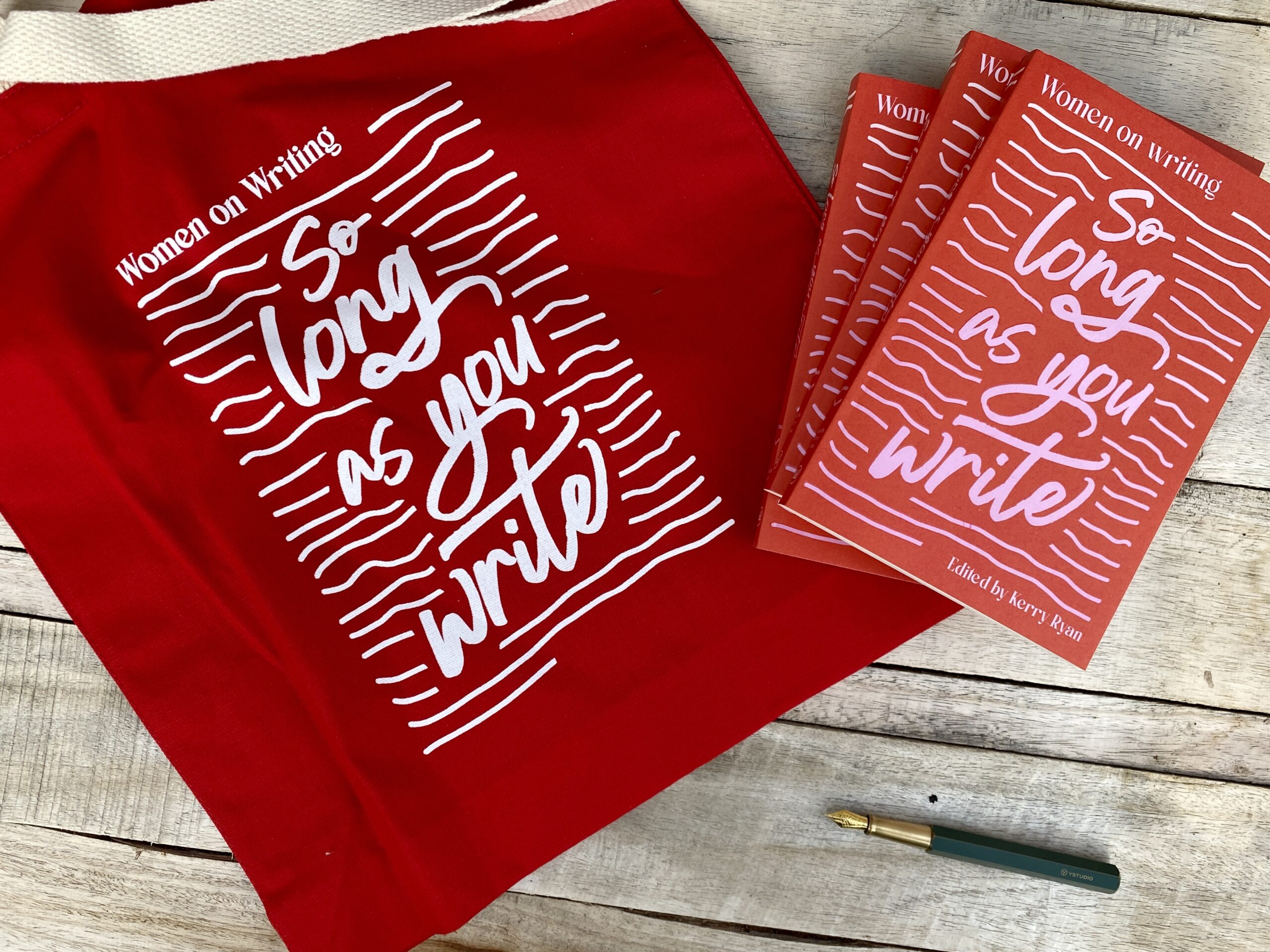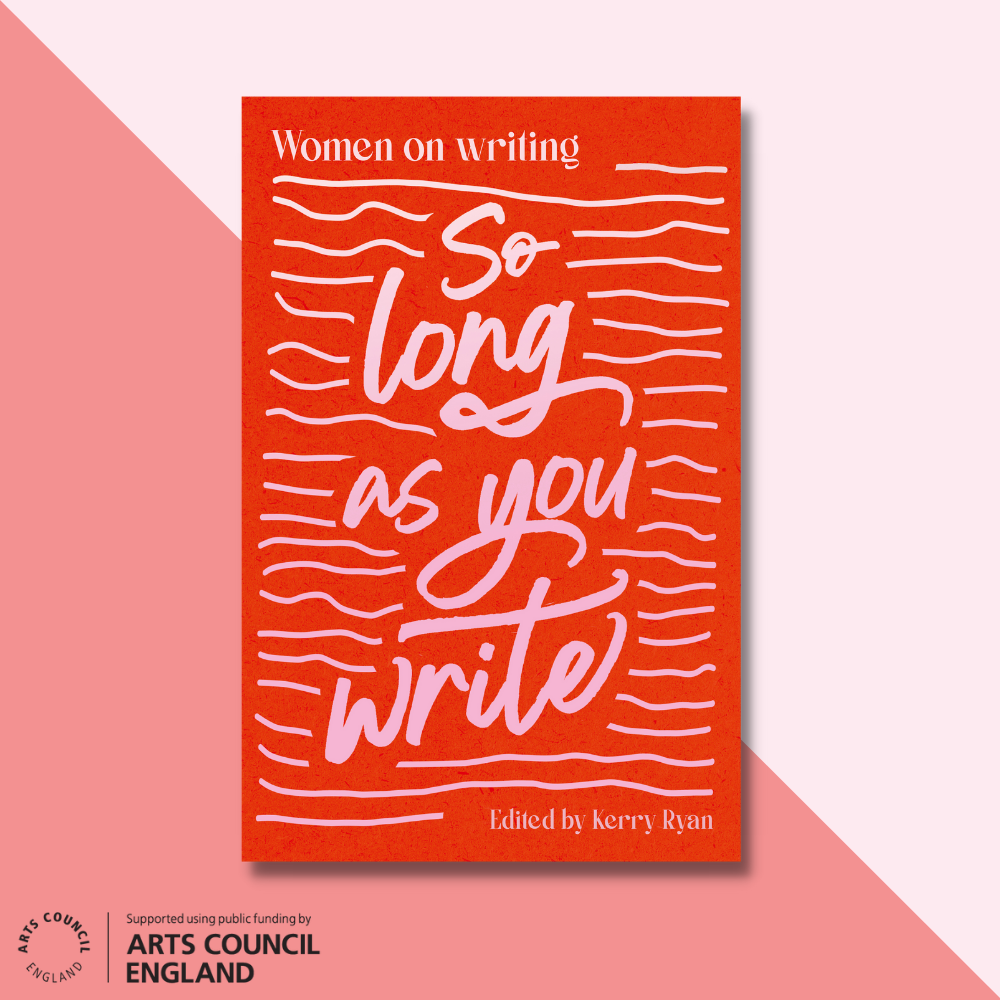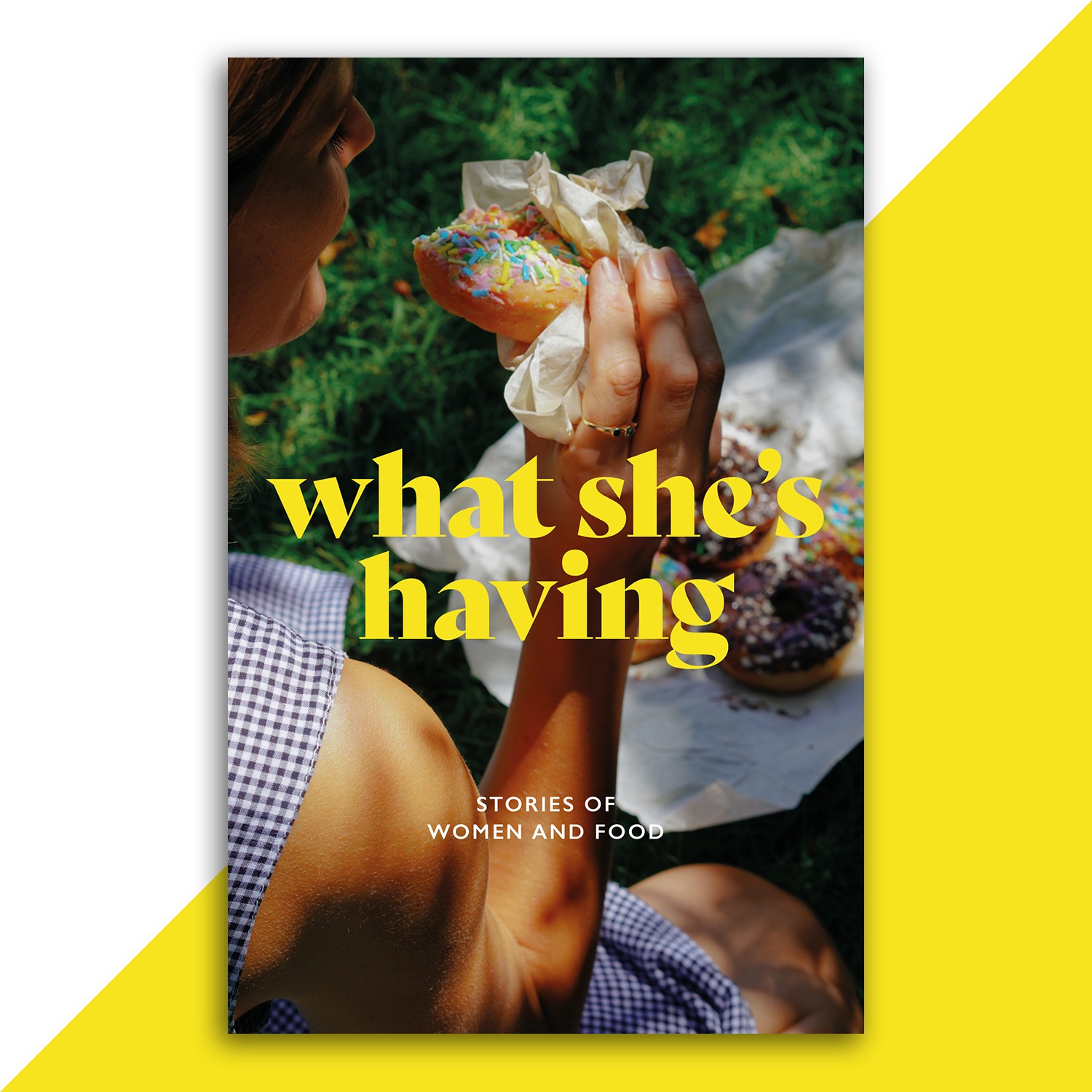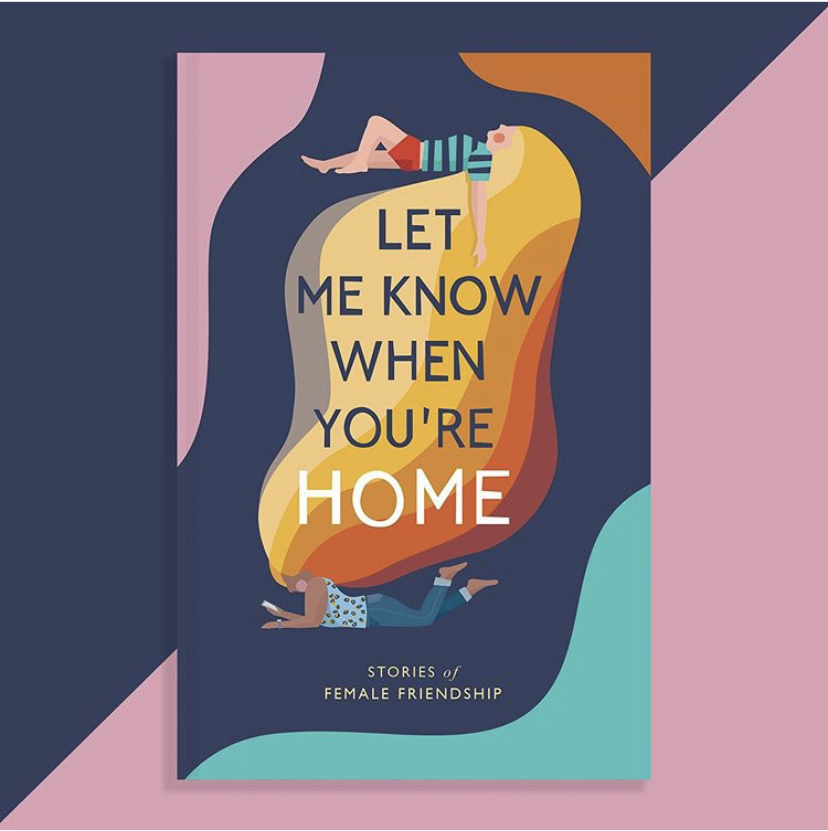Bohemia
by Carrie Walsh
I catch my reflection in a passing window, another faceless café. Faces blue, boring into laptops and steaming cortados. I try to remember what inhabited the building before the rent went up. My mind fails, but I catch my breath as a memory snags at me, reminding me of time I kicked a guy in the nuts as he tried to steal my red heart-shaped handbag.
Every bohemian thinks they’re the last of their kind. But Soho is dead. No one dances in worn down bars, with emerald green walls and Christmas lights twinkling in midsummer. No one drinks with the Albanian mafia, downing shots of vodka that would burn the back of your throat with an acid kiss. Not even the mafia can afford to do dirty deals there anymore.
Remember the New Piccadilly? I never took a boy there, I never tainted it. The tea was 50p. Bangers and mash £3. Waiters wore immaculate white blazers and trousers adorned with gold buttons and coruscate epaulettes. It was run by a gracious old Italian guy, Lorenzo. He had a shock of moon-bright white hair and a smile as warm as the sun. There was an original candy-pink espresso machine on the counter and the back wall was adorned in a mosaic of blue hues, a sea of holiday postcards from customers. The menu was a giant formica horseshoe, hung in the centre from the ceiling. Theatre posters adorned the walls, and I used to feel a swell of pride seeing shows I had worked on, blue-tacked up. One cold November evening, I found myself sat next to Jarvis Cocker. Later that night I downed a bottle of Pimms, brown and sticky straight from the bottle in a Soho bedsit. It was a surprise birthday for a former lover. I was only nineteen. I later learnt about mixers, and broken hearts.
It doesn’t exist anymore. You walk down a Soho street and you could be anywhere in London, in the world. So many of my formative, glistening years were spent there, dancing in wine-dark streets, pressed against piss-black walls, open for pleasure. These days, Soho’s only sin is capitalism.
“We believed our own myth, we believed the myth of Soho and that we were at the centre of the artistic universe.”
I am nostalgic for those tipsy, glittering nights. Madam Jojos saw birthday parties and drag queens, fake eyelashes and fake tits, but real laughs and real friends. We believed our own myth, we believed the myth of Soho and that we were at the centre of the artistic universe. It felt normal to dance barefoot wearing pea-green sequinned wiggle dresses, with older gay men heralding from another era, another century. Maybe they thought their Soho was dead and this was their way of reconnecting with their past, their youth, their former lovers.
Soho makes me think of those Great Loves you’re supposed to have in your twenties, when you were free and naive; I had two. First there was Rory, and then there was Johnny. Both started on the streets of Soho, acted out magnificently in a ink-dark basement bar adorned with headshots of failed actors, where theatre memorabilia cluttered the yeasty wooded walls.
I lost my innocence in Soho. Gladly. Years of pent up sexual frustration, years of Catholic In The Name Of Thy Fathers, years of waiting for love and decadence and someone bloody interesting who didn’t wear baseball caps with matching tracksuits, someone who read actual books by actual writers. Men who knew who Kafka was. I waited and waited for some sort of brooding bohemian. Rory nimbly helped me shed my innocent skin with the flick of a gentle hand and more, and helped me step into the heavenly world of sin. My youth was played out on the streets of Soho, wet with brothels, wet with sweet anticipation for what lay in store. But like all great love affairs, it ended just how it started, on thunder-soaked Soho streets.
Later on was Johnny. He thrust open my deviant side, my sexuality bled out onto alleyways and onto old bedsheets that smelt of other men, and other women too. Never love a narcissist. They’ll drown you in their puddled reflection. For years his eyes wandered wildly, while his hands wandered across my body. His girlfriends came and went, but I remained, there, always. As faithful as Soho once was to our decadence and deceit. We were after-dark citizens, and as soon we we took our love out and open into the spring sunshine, it melted. Vampiric and toxic. I left Soho behind, and as soon as I left I saw what it had become, what Johnny had become; worn out, past it.
Blandness had eroded Soho’s last embers of twilight excitement. No one can get excited about yet another Pret-a-Manger ruling over a street corner. Maybe Soho was always a lie and it never actually died because it was never really real. Perhaps you can now get what Soho offered at the swipe of an easy finger.
So I see that reflection, no longer a city-dark creature of those nights. The years I’ve spent away have nourished me, helped me see the sordid wine and whine nights for their real guttural desperation. None of us knew what we were doing, but at least we had our illicit playground.
Carrie Walsh | carriewalsh.weebly.com | @walshlette
Carrie Walsh is a London Irish writer of poetry, plays and prose who has just completed a diploma in Creative Writing at Oxford University. Her primary focus is London’s social history, how it relates to contemporary life, and how we can learn from it. She is also obsessed with the River Thames and tea.




